
We kindly inform you that, as long as the subject affiliation of our 300.000+ articles is in progress, you might get unsufficient or no results on your third level or second level search. In this case, please broaden your search criteria.

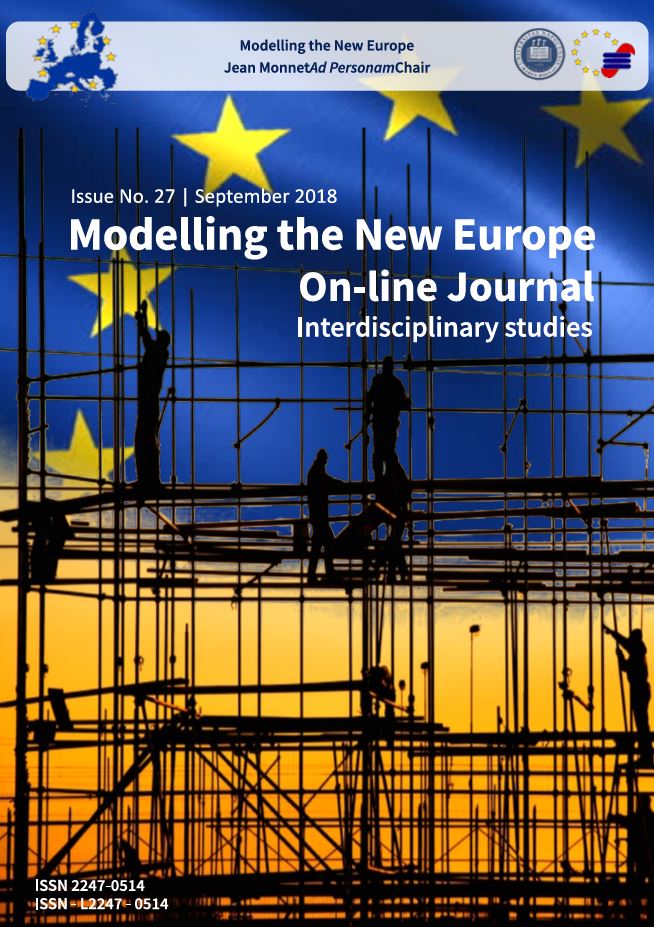
In accordance with the current challenges of the Hungarian labour market there is a very strong competition forthe proper employees. There is more and more difficult to manage a success recruiting process manly in case ofthe “new generation”. The fact that the generation of Z shall enter the world of work much sooner than thegenerations ahead of them means that domestic employers will begin to meet more and more gen Z employees.As a result, it is important to understand how the young people of today choose their workplace. What kind ofincentives work for them and how, where would they prefer to work, and what kind of a workplace and careerthey dream about. As the attitude and value system of the Z’s differ from the previous generations from severalaspects, it is worth taking note of their peculiar characteristic as employees. The study focuses on thegeneration Z‘s preferences in case of workplace selection process. In the frame of quantitative research Iexamined the segmentation criteria with the help of cluster analysing process. We believe that the findings of theresearch provide useful information for future employers, to understand the values, motivation tools andexpectations of their potential employees and their approach towards the world of work.
More...
Labour law is constantly subject to the process of change. This is because the social and economic conditions are constantly changing. The multitude of factors affecting the shape of change causes difficulties in determining how the labour law should look like and to whom it should serve. Labour law can be treated as an instrument of social policy only to a limited extent – in the framework of semiimperative norms.
More...
Even though Portugal is a State-supported on social principles, a crisis environment can endanger some fundamental rights. This way, the Constitution could be at risk since social rights have highcost maintenance. During the recent Portuguese crisis, several rights were affected according to the measures imposed by Troika. Nevertheless, the Portuguese Constitutional Court provided critical protection. Taking into account this context, the author aims to evaluate the need to rethink the future of some rights that are taken for granted in Social States.
More...
This article concerns an extraordinary complaint which is a new remedy in Polish civil procedural law against legally valid judicial decisions terminating proceedings. The authors analyse pivotal issues related to the manner of shaping this measure against the background of other extraordinary remedies, with particular emphasis on the specificity of the application of this complaint in cases within the subject-matter and scope of labour law. An important issue of a general nature raised in the article is the impact of the new measure on the principle of finality of valid judgments established at the constitutional level and its impact on selected paramount principles of substantive and procedural labour law. These considerations lead the authors to a critical evaluation of the introduced regulation in terms of its legislative correctness, coherence with other extraordinary means of appeal, and in particular the principle of finality of valid judicial decisions.
More...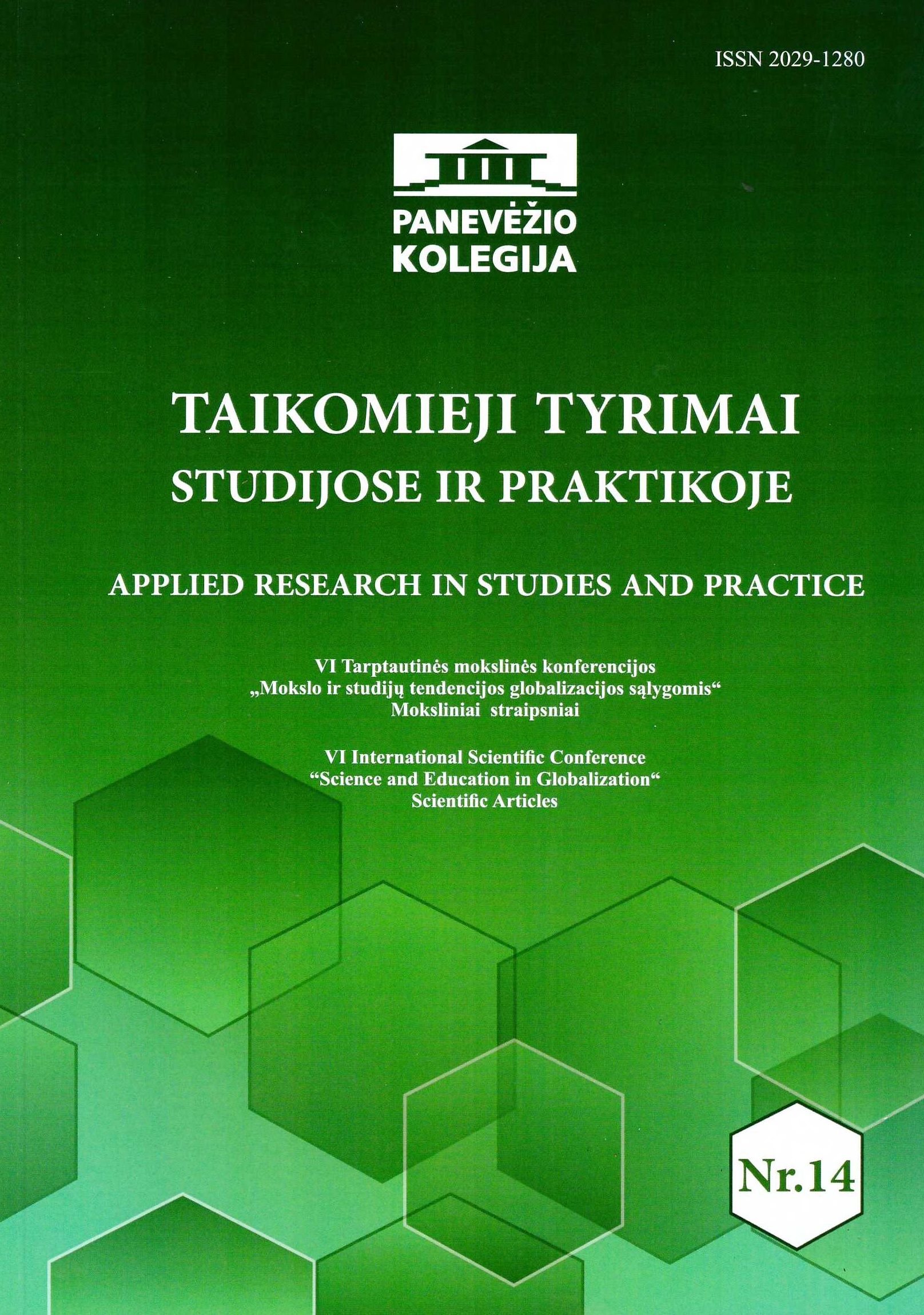
1. After analyzing the provisions of the legislation regulating collective relations, it is clear that a collective agreement is a written agreement between labor unions, employers and their organizations that establishes labor law norms, mutual rights, obligations and responsibilities between parties. The Labor Code of the Republic of Lithuania attributes the normative provisions of a collective agreement to labor law sources. The legal nature of the collective agreement is twofold. A collective agreement could be described as a normative agreement between the employees and the employer (employers). A normative agreement is a special type of legal act, adopted in a contractual manner. The content consists of legal norms, and therefore the collective agreement has both features of the contract and the normative act. This is particularly evident in cases of law when analyzing the grounds for invalidity of a collective agreement.2. The Supreme Court noted that the Labour Code (Lietuvos Respublikos darbo kodeksas, 2002) did not regulate the invalidation of a collective agreement and found that the civil law provisions regulating the grounds for invalidity of transactions were applicable when deciding on the conclusion of a collective agreement and its validity, and a collective agreement could be declared null and void (invalid or disputed) in accordance with the provisions of civil law the grounds for non-validity of transactions. This means that, if it is established that the conclusion of a collective agreement is contrary to the imperative rules of the law, it may be declared void ab initio (from the moment of its formation). In practice, the attention was drawn to the fact that when a collective agreement is recognized as void, it does not mean that a previous collective agreement will be recognized as void as well. While assessing the recognition of the terms of a collective agreement as null and void, the court drew particular attention to the application of the principle of fairness, financial possibilities, and the probability of unwarranted expectations in the future. 3. It should be noted that within Article 4 of the Labour Code 2 d (Lietuvos Respublikos darbo kodeksas, 2016) it is emphasized that the legal norms regulating civil relations and the principles of civil law can be applied to labor relations only if there is a gap in the legal regulation and this is not in conflict with the essence of the legal regulation of labor relations.4. However, it has been argued that a dispute over the recognition of a collective agreement is a collective dispute; it is resolved in accordance with the special procedure for the settlement of collective disputes. Meanwhile, disputes between individual employees and the employer regarding the non-implementation or inapplicability of the normative provisions of a collective agreement of a company are resolved by the procedure for the examination of individual labor disputes, emphasizing the implementation of employees' rights in terms of integrity, reasonableness and fairness.5. Attention is drawn to the fact that, when adjusting the concept of a collective agreement, a collective agreement, judicial practice should assess the above-mentioned provisions of the present Labour Code (Lietuvos Respublikos darbo kodeksas, 2016) concerning the application and validity of a collective agreement.
More...
The adoption of energy efficiency measures is shifting the building installation industry towards green technologies, such as smart metering and home automation, bringing significant changes on workplace requirements and training. Electricians, apart from technical proficiency, require a combination of digital and environmental skills to respond to the installation, maintenance, and programming of smart metering and energy efficiency home automation systems. Although the adoption of energy measures for building installation is promoted under national and EU initiatives, the provision of relevant vocational education and training (VET) is insufficient in quality and quantity, fragmented and infrequent, not adequately addressing the needs of the sector. There is, thus, a clear challenge to increase the quality of VET provision for electricians to match their competences and skills with smart metering and home automation needs of a fast-changing market and to promote employability within the sector.The aim of the research - to analyse the opinion of employers of the energy sector in different European countries on the need for the employees‘ competence in smart metering and home automation.The objectives of the research: 1. Compare the level of implementation of smart metering and home automation in the EU countries.2. Identify the key knowledge and competences of smart metering and home automation needed in today's labor market.3. Offer VET providers and employers ways of improving the competences of their employees in the field of smart metering and home automation.The level of implementation of smart metering and home automation in the EU countries is very different. The data generated by the survey show that the most commonly used smart metering and management systems are the ones communicating by KNX and IP protocols. Companies in most countries use smart metering and management systems provided by the manufacturer (supplier). All the countries where the survey was conducted use the PLC (Power Line Communication) system. Compared to the other EU countries, the developments in smart metering related services are still delayed in Lithuania, with only some pilot projects being implemented. In 2017 the company „Energy Distribution Operator“ („Energijos skirstymo operatorius“, ESO) completed a pilot project on smart metering, with more than three thousand smart meters installed.In collaboration with the experts from the AIE (European Association of Electric Contractors), 14 statements were developed on the knowledge and skills required by the employees dealing with smart devices and home automation technologies. The respondents were asked to assess the importance of electricians' skills and competences in smart metering and automation in the European labor market for the coming years.The survey questionnaire was completed by 86 respondents who represented electrical installation companies, employer associations, vocational training providers, working electricians from five SMARTEL partner countries (Belgium, Bulgaria, Greece, Lithuania, Spain).Respondents in different European countries have been fairly ambiguous about the importance of employees‘ competences in implementing smart metering technologies and home automation systems. This could be influenced by the different experiences of the countries and the level of implementation of smart metering.The results of the research show that knowledge of the network infrastructure and a wide range of smart devices including Internet systems, the impact of smart meters and home automation systems on the environment are among the key knowledge and competences of the EU labor market in the field of smart measurement and home automation. The most desired technical skills of employees are related to the implementation of smart devices and automatic systems in new buildings and the modification of housing automation technologies in the existing buildings, the technical skills of incorporating smart metering technologies into automated housing infrastructure. Sufficiently important respondents consider skills such as customer consultation about the right choice of automation systems, the use of systems and their environmental and economic impacts, and a deeper knowledge of home automation systems and smart devices.Having summarized the results of the research, the working group of Electrical and Electronics Study lecturers of Panevezys University of Applied Science together with partners from the SMARTEL project, suggested a solution to the problem: to create an open virtual training course on smart metering and home automation systems employed electricians and vocational training providers.After defining the outcomes the training course on smart metering and home automation based on survey results from five European countries, European employers and vocational training providers are offered an open training course "Smart Metering and Home Automation Skills for Electricians", consisting of 6 parts: building engineering systems automation, energy management, intelligent control systems networks, sensors, intelligent device programming and installation, programming of user interface for automated devices.
More...
The struggle for the prevention of accidents has gained tremendous value especially in this century, and the first systematic investigations have begun on how to prevent accidents in the early 1900s. While trying to put out the reasons of job accidents; various models focusing on human and / or system have been developed. Whether it's from the human or the system; It is a recognized fact that 98% of work accidents can be prevented. Today, the most effective way to prevent work accidents is to create an effective safety culture at workplaces. Safety culture can be defined as; policies, practices, controls, security improvement processes and beliefs, attitudes and values shared by members of the organization in the organization are the ones that accept security as a priority and an organization as a security for an organization. In a simpler sense, what kind of safety behavior employees show when they see safety and value in an organization and when they are not monitored can be expressed as safety culture. Safety culture is very important for organizations as it has a direct influence on safety performance. In this study, what is the safety culture in the light of the literature and are set forth causes and solutions fail safety culture in Turkey.
More...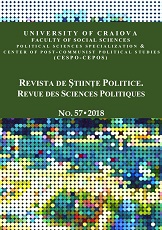
Collective bargaining is one of the foundations of labor relations, which is common across most of the European Union's Member States, with the aim of establishing working and employment conditions, regulating relationships between employers and workers, and developing relationships between employers or their organizations and employees, represented by workers' organizations (trade unions) or otherwise provided for by national law. Depending on its scope, collective bargaining can take place at several levels: at the national level, at branch or sector level, at the level of profession, interprofessional negotiation, local or regional negotiation, bargaining at enterprise level. At the same levels, therefore, a collective labor conflict may also erupt. The present study illustrates several European models of representation of workers' interests in the conduct of collective bargaining and in solving collective labor conflicts.
More...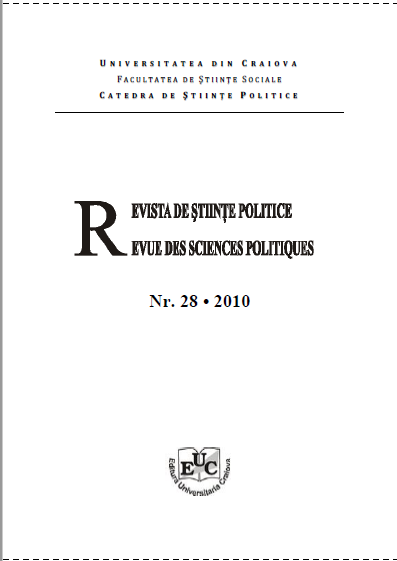
In this article one analyses the main effects of the economic crisis on the labour market. In general, during crisis, women, youth and elderly people are the most exposed categories of the population to the risk of becoming unemployed. Due to this reason, we wanted to analyse the manner in which the crisis has affected the youth in Europe, especially the upper graduates.
More...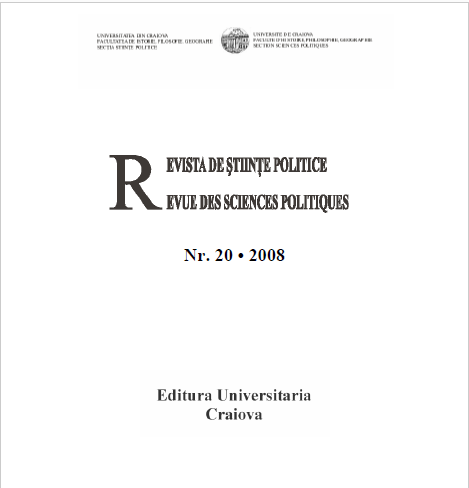
The « equal pay for equal work » principle finds its source in the larger principle of non-discrimination among employees. This principle is stipulated in Article 141 (former Article 119) of the Treaty of Rome and in Directive 75/117/EEC. Thus the employer is forced to ensure the equality of remunerations among all the employees within an identical situation, the identity of the situation being appreciated based on the qualification and length of service as well as on the work accomplished by the employee. Within the Romanian legislation, Article 154 paragraph 3 of the Labor Code stipulates on the ban of pay differences on grounds of sex, sexual orientation, genetic traits, age, nationality, race, color, ethnic origin, religion, political opinion, social origin, handicap, family situation or family responsibility, affiliation to or union activities.
More...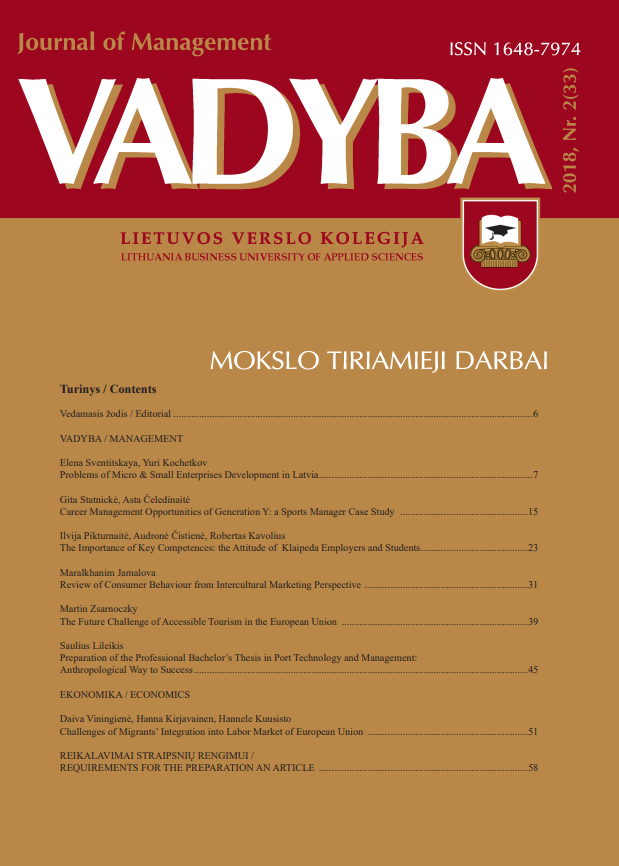
Key competences enable individuals for personal fulfilment and development, active citizenship, social inclusion and employment. Therefore, the importance of key competences and means for enabling people to develop them has been highlighted in Europe Union and Lithuanian legal regulation documents on education and science for two decades. Still there are evidence that Lithuanian adults and young people have average key competences. Therefore, it is important to investigate whether todays’ students (future employees and entrepreneurs) perceive the importance of key competences and what competences they find actual. It is also expedient to compare the difference between employers and students attitudes in order to give students information and to encourage them to develop some competence and not ignore it’s necessity. The article presents the quantitative research, which was implemented as a continuation of project for improvement of students’ research implementing competences. The research revealed that respondents of a students group, in comparison with employers, diminish the importance of key competences and think that the special skills acquired by them are more relevant. Employers equally agreed with the importance of both special skills and key competences. For the employers five most relevant competences are: responsibility, communication in a foreign language, learning to learn, communication in the mother tongue and digital literacy. The five most relevant competences identified by the respondents of the students’ group are communication in a foreign language, communication in the mother tongue, digital literacy, initiative and entrepreneurship, responsibility. Both respondents groups believe that competences of social and civic participation and cultural awareness and expression are least relevant for labor market. English, Russian and German languages are considered to be most important. But respondents of the student group have considerably lessened the relevance of the Russian language in the labor market. Respondents from the employers' group identified the top five competences in the future: cooperation, complex problem solving, critical thinking, negotiation skills, creativity. The future topical competences identified by the respondents of the student group are creativity, cooperation, complex problem solving, critical thinking, having opinion and decision making. According to the results of the research, respondents from the employers' group believe that the person and his family are most responsible for the development of key competences. The employers agree to improve the key competences of their employees, while future employees are more willing to share this responsibility with family, high school, and employer.
More...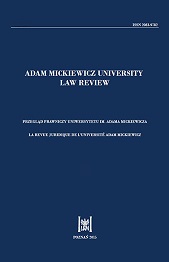
The aim of the study is to analyse the conflict of rights of posted workers with entrepreneurs’ freedom to provide services in posting of workers Directive 96/71/EC and the enforcement Directive 2014/67/EC. The author presents the key issues of the conflict, as well as its evolution in EU legislation and in European Court of Justice judgments.
More...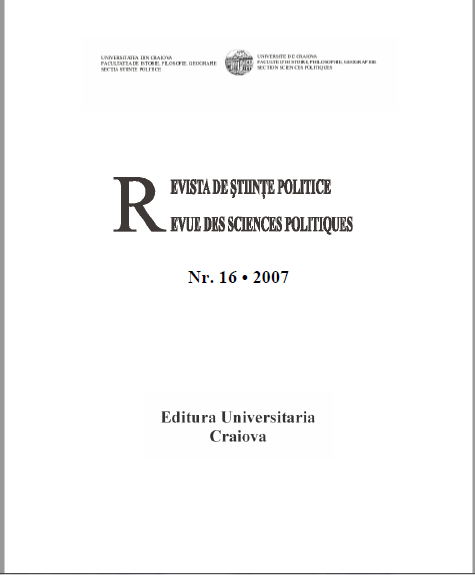
L’article “Chinois versus Palestiniens” porte sur la décision du gouvernement israélien de réduire a zero l’importation de force de travail jusqu’à 2008. Il s’agit surtout de stopper le flux des travailleurs palestiniens de Gaza et de la Bande Ouest et de trouver des solutions pour les remplacer.
More...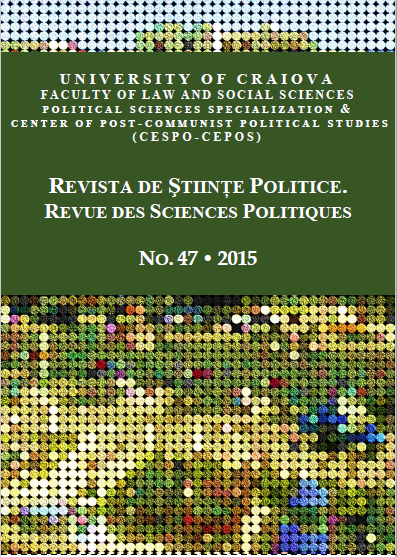
The main goal of this research is studying the policies, programs and projects for youth employment which are implemented by the Regional Employment Centers in Kosovo. The result of the research is to identify the policies, programs and projects for youth employment which are implemented and not implemented in Kosovo. In the paper are used several methods. The first, has been organized a focus group of exploratory nature with the aim of identifying the issues for research. The second, a questionnaire was carried out (semi-structured) with directors of Regional Employment Centers. The third, the research of laws and by laws in the area of employment, the publications of the Department of Labor and Employment, Ministry of Labour and Social Welfare, and scientific literature in the field of employment. Conclusion of the paper is that, in Kosovo there are policies, programs and projects for youth employment in Kosovo, but they are not enough.
More...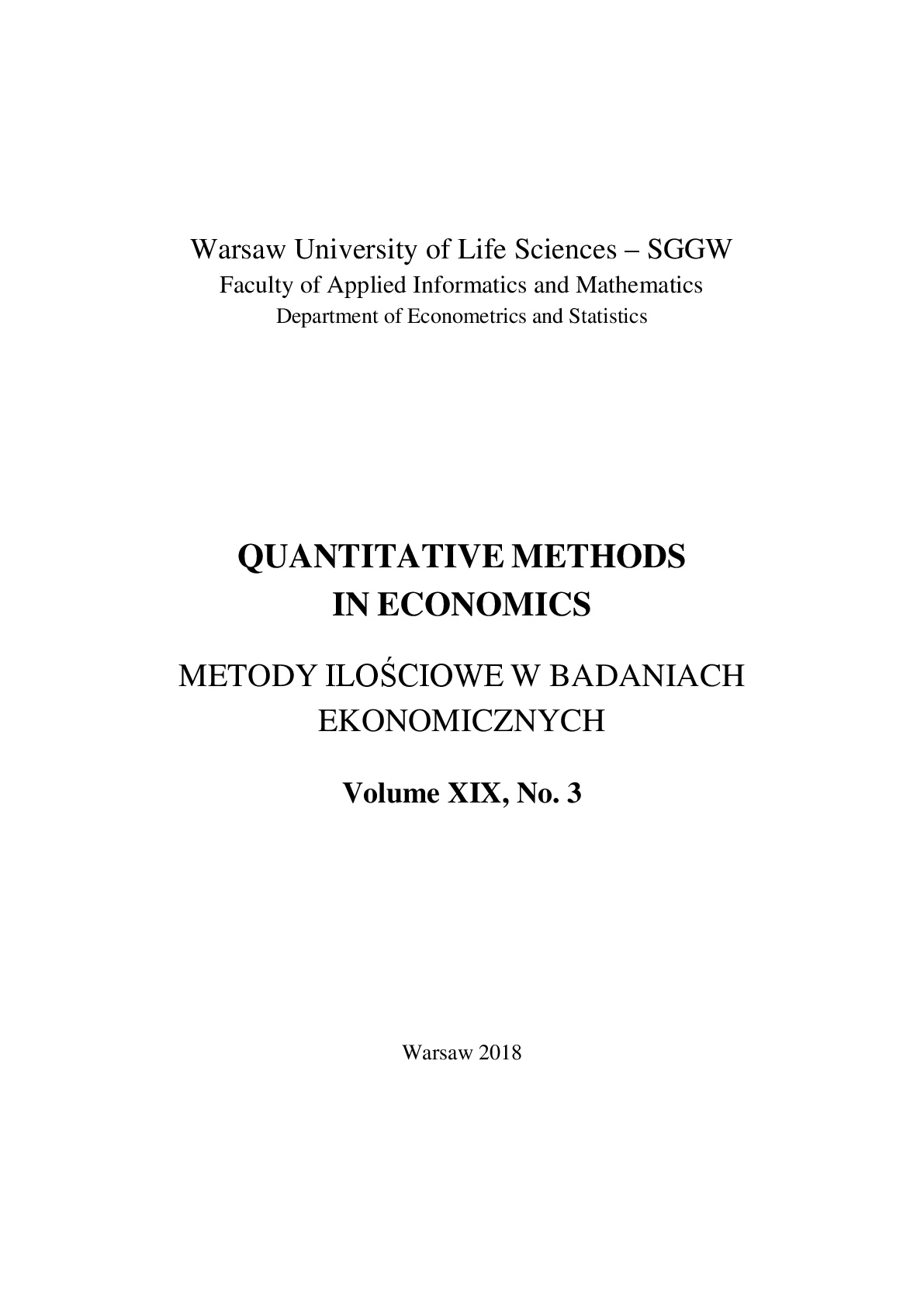
The article proposes the use of the AHP (Analytic Hierarchy Process) method in the process of assessment of research and teaching employees at university. Attention was paid to the complexity of the decision problem with simultaneous indication of the advantages of the AHP method in this process. In particular, this concerns the consideration of the decision maker's preferences reflecting the university's adjustment to the changing legal regulations and market needs.
More...
The present study was carried out to analyze the relationship between inflation and unemployment in NAIRU estimate in Indonesia through Phillips curve approach during 25 years data from 1991-2016. The analysis model used in this research was Vector Error Correction Model (VECM) as attempts to determine the long run and short run relationships between inflation and unemployment matters in Indonesia. The results of Granger causality test indicated two-way relationship between inflation and unemployment in Indonesia. The formulated resultsonlong run estimate pointed out that unemployment delivered negative and significant effects on inflation. Nonetheless, Wald Test designated that there was a short run relationship between inflation and unemployment.
More...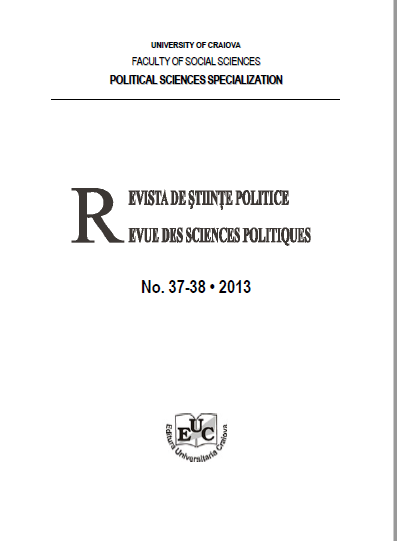
A wider European labour market, since the starting of the integration process, lead in time to the appearance of more complicated inconveniences concerning the correct, unitary analysis of the European labour force structure. The lack of clear, common, unitary criteria allows each country or group of countries to analyze and, implicitly, to report sometimes false situations, making impossible to create an at least clear image of the real number of occupied, respectively unoccupied persons, in the EU. Utilizing a standard information system, with clear, unitarily applicable procedures, can constitute the solution to this problem, imposing some analyze and reporting rules that each country would have to follow.
More...
The aim of the research is to identify factors affecting the working 4 time and remuneration of employees of both genders (men and woman) in 5 Poland. The salary and professional activity models contain explanatory 6 variables representing the characteristics of employees and the structure of 7 their families as well as the attributes of the workplace. The research was 8 carried out on the basis of BAEL1Q2009 data concerning persons providing 9 work during the month preceding the survey. On the basis of the estimated 10 models, the determinants characteristic for women and men are distinguished.
More...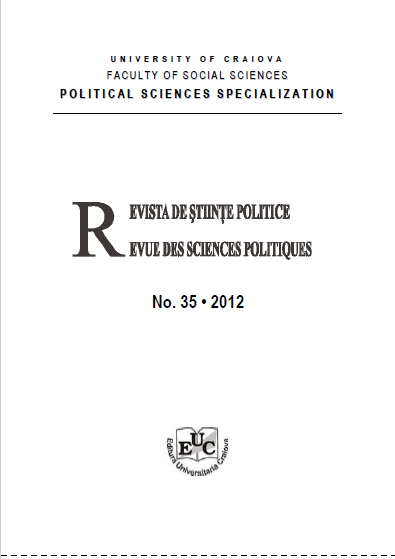
The paper aims to analyze the changes that have occurred in the quality of work and employment in Romania starting with 2000. The analysis is focused on Romania, but comparisons with other EU member states are also made in order to identify certain disparities between East and West. The assessment of quality of work and employment considers both jobs characteristics and aspects of the wider work environment regarding how the labour market works as a whole. Data sources used to describe the various aspects of quality of work and employment are European Working Conditions Survey (EWCS) and European Working Conditions Observatory (EWCO). Data was extracted from Eurofound database. Working time is an indicator of quality of work that creates important differences between the countries located in South-eastern Europe and those located in Western and Northern Europe.
More...